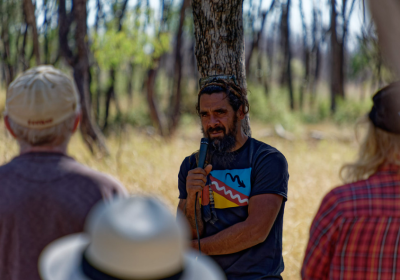
Marking a year since they reoccupied land near Adani’s Carmichael coal mine, the Wangan and Jagalingou people in Queensland held a Waddananggu. Coral Wynter and Steffi Leedham report.

Marking a year since they reoccupied land near Adani’s Carmichael coal mine, the Wangan and Jagalingou people in Queensland held a Waddananggu. Coral Wynter and Steffi Leedham report.

China has expressed fears that Musk's Starlink satellite mega constellation could be used for military purposes by the United States, and is considering potential counter-measures, reports Coral Wynter.

Dying With Dignity NSW and Go Gentle Australia and supporters of the Voluntary Assisted Dying Bill have pressed the case outside the NSW parliament. Jim McIlroy and Coral Wynter report.
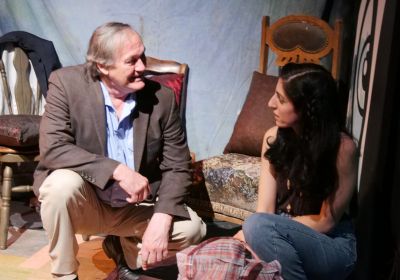
Writer/director Geoff Sykes has done a great job of re-imagining Australian rural political conflict into a modern setting with his new play, write Jim McIlroy and Coral Wynter.
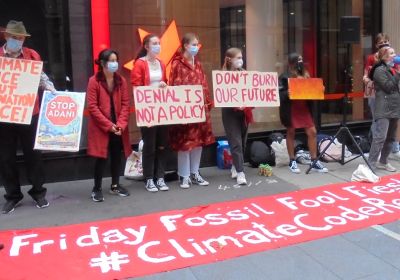
School students protested outside National Australia Bank headquarters calling on it to stop funding fossil fuels. Coral Wynter reports.
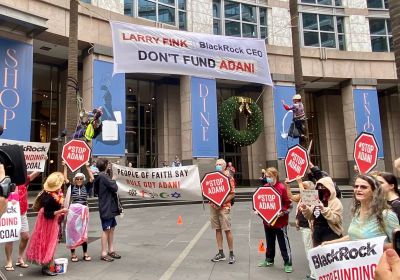
A protest called on United States multinational investment management corporation BlackRock not to fund Adani. Coral Wynter reports.
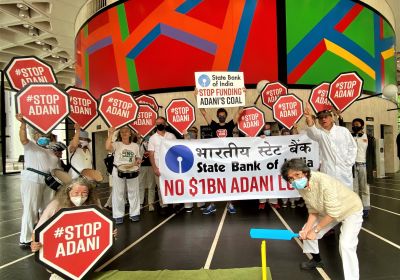
Protesters took their cricket game to the foyer of the State Bank of India to demand it rule out loaning Adani almost $1 billion. Coral Wynter reports.
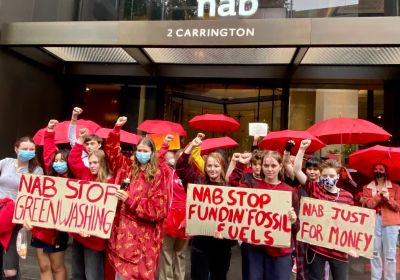
Climate protesters are targeting National Australia Bank for lending billions of dollars to fossil fuel corporations. Coral Wynter reports.

Usually a vaccine takes 5–10 years from conception to production and injection into people’s arms. Vaxxers, writes Coral Wynter, describes how a safe vaccine against COVID-19 was produced in only 10 months.
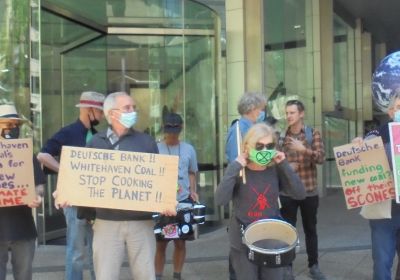
Climate activists have called on the Deutsche Bank not to loan Whitehaven Coal billions of dollars to expand its operations in northern New South Wales. Jim McIlroy and Coral Wynter report.
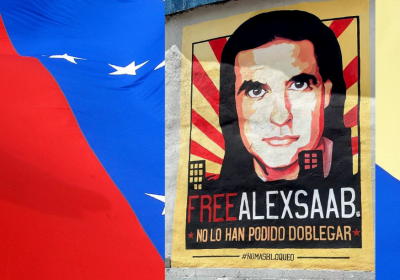
Venezuelans will go to the polls on November 21 to elect state governors, mayors, regional legislators and local councils, reports Coral Wynter.
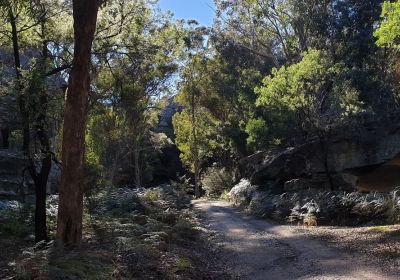
Residents are organising to oppose the NSW government's efforts to open up the valley of Rylstone in the Central Tablelands to coal mining. Coral Wynter reports.